ADVOCACY
Family Connects International (FCI) is dedicated to strengthening family bonds and connecting newborns and their families to supportive community care resources through our universal nurse home visit model.
Our vision is that every newborn gets the care and support they need to thrive.
The U.S. Has The Highest Pregnancy-Related Death Rate Among Developed Nations


Driving Change in 2025
Family Connects is a universal solution to a preventable crisis. The policy team at FCI is committed to advocating for sustainability of Family Connects on the National, State, and local levels of government through our 2025 Policy Priorities.
Improving Maternal Health
Since 2018, the American College of Obstetricians and Gynecologists (ACOG) has recommended that postpartum clinical visits occur within the first three weeks after birth. However, many new parents in the U.S. navigate the fourth trimester—the crucial 12-week postpartum period—without medical support, often waiting until 4–6 weeks postpartum for their first provider visit. Alarmingly, up to 40% of mothers do not attend a postpartum medical visit at all, with even lower attendance rates among those facing barriers to healthcare access. Recognizing this gap, ACOG has specifically highlighted nurse home visitors as alternative providers for the first postpartum visit during the fourth trimester. Research on the Family Connects model of universal newborn nurse home visiting has demonstrated its effectiveness in improving maternal and infant outcomes, reinforcing the importance of accessible, community-based postpartum care.
Driving Sustainable Investments in Universal Nurse Home Visits
We work closely with our community partners to advocate for local investments that support the implementation, sustainability, and expansion of the Family Connects model. At Family Connects International (FCI), we prioritize building relationships with federal, state, and local policymakers to collaboratively develop diverse funding sources for local programs, exploring both traditional and nontraditional avenues. Our approach emphasizes a mixed funding model to ensure that free nurse home visits remain a core component of comprehensive family support programs. By integrating Family Connects into broader maternal and child health initiatives, we aim to improve outcomes for families and communities. Notably, the American College of Obstetricians and Gynecologists (ACOG) has recognized nurse home visitors as alternative providers for the first postpartum visit during the fourth trimester, citing research on the positive outcomes of the Family Connects model of universal newborn nurse home visiting.
Building an Optimized, Efficient System of Care
Our community alignment efforts focus on organizing and distributing resources while identifying gaps in systems, policies, and processes to improve accessibility for all families. Through continuous quality improvement data reviews and discussions, we promote transparency and accountability, ensuring that families receive the support they need. Collaboration is at the heart of our approach. We work across various community systems—including medical providers, doulas, lactation consultants, early childhood education professionals, and social services—to strengthen connections and achieve shared goals. Public investments in Family Connects help maximize community resources, reinforcing the importance of a mixed funding model that sustains free nurse home visits as part of a comprehensive family support system. Notably, the American College of Obstetricians and Gynecologists (ACOG) has recognized nurse home visitors as alternative providers for the first postpartum visit during the fourth trimester, citing research on the positive outcomes of the Family Connects model.
Resources


Backed by Evidence, Driven by Impact
Dive into the research and discover the proven impact of the Family Connects model.


 SENIOR CONTRACTS OFFICER
SENIOR CONTRACTS OFFICER IMPLEMENTATION SPECIALIST
IMPLEMENTATION SPECIALIST


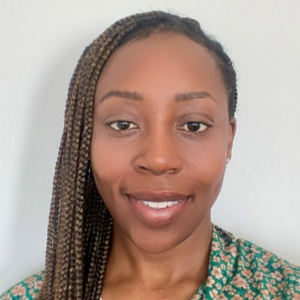



 SENIOR INTERNAL OPERATIONS MANAGER
SENIOR INTERNAL OPERATIONS MANAGER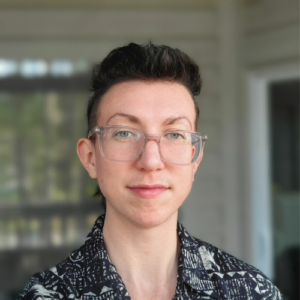
 MARKETING AND COMMUNICATION SPECIALIST
MARKETING AND COMMUNICATION SPECIALIST
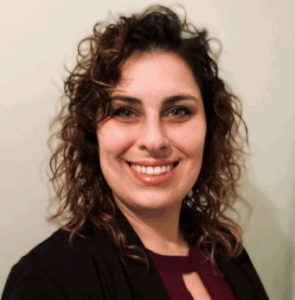 FINANCE AND HR SPECIALIST
FINANCE AND HR SPECIALIST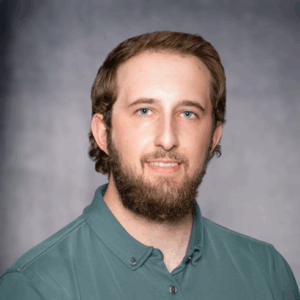 ANALYTICS SPECIALIST
ANALYTICS SPECIALIST
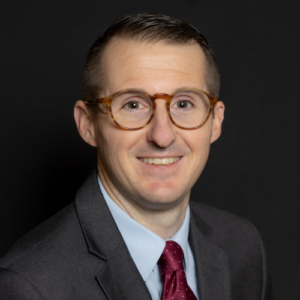


 TEAM LEAD, ADVANCED IMPLEMENTATION SPECIALIST
TEAM LEAD, ADVANCED IMPLEMENTATION SPECIALIST






 COMMITTEE MEMBER, FOUNDER
COMMITTEE MEMBER, FOUNDER

 COMMITTEE MEMBER, FOUNDER
COMMITTEE MEMBER, FOUNDER COMMITTEE MEMBER
COMMITTEE MEMBER
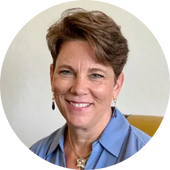
 DIRECTOR
DIRECTOR DIRECTOR
DIRECTOR DIRECTOR
DIRECTOR VICE CHAIR
VICE CHAIR
 TREASURER
TREASURER